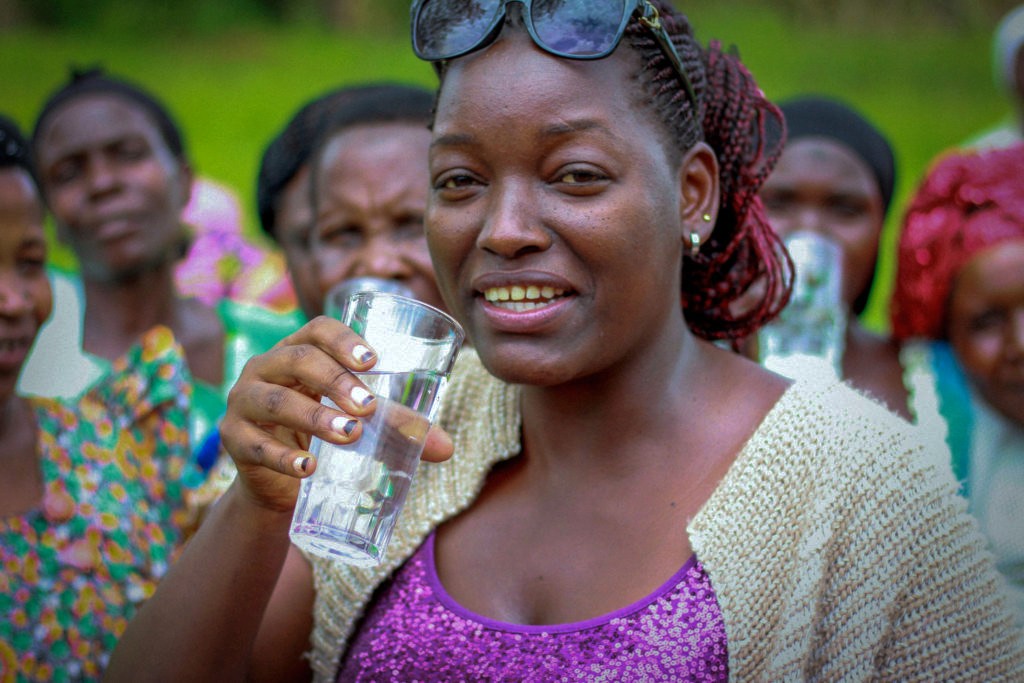What You Need To Know About Borehole Placement in Zimbabwe!
Access to Borehole Water in Zimbabwe gives you the freedom to enjoy clean water without the need to pay municipality costs or worry about chemicals common in city water.
If you plan to add a Borehole to your property in Zimbabwe, then take the time to choose the best site for that Borehole.
Borehole placement can determine potential Borehole Drilling depth, water quality, and how much water your Borehole produces for your family. Here are some key points to keep in mind as you think about the best location to sink your Borehole in Zimbabwe, Manicaland or Mutare:
1. Keep Your Borehole Away From Sources of Contamination: One benefit of Borehole water is clean water free of city chemicals like chlorine or fluoride. In order to keep contaminants out of your pristine Borehole water, make sure the drill site is away from these sources of contamination that affect water quality or may even make people sick.
2. Septic tanks and leech fields: Many rural residents rely on a septic tank and leech field. To ensure bacteria from your septic system does not enter your Borehole, make sure the Borehole is well away from any septic tank, leech field, or cesspool.
Borehole placement can determine potential Borehole Drilling depth, water quality, and how much water your Borehole produces for your family. Here are some key points to keep in mind as you think about the best location to sink your Borehole in Zimbabwe, Manicaland or Mutare:
1. Keep Your Borehole Away From Sources of Contamination: One benefit of Borehole water is clean water free of city chemicals like chlorine or fluoride. In order to keep contaminants out of your pristine Borehole water, make sure the drill site is away from these sources of contamination that affect water quality or may even make people sick.
2. Septic tanks and leech fields: Many rural residents rely on a septic tank and leech field. To ensure bacteria from your septic system does not enter your Borehole, make sure the Borehole is well away from any septic tank, leech field, or cesspool.
 |
| What You Need To Know About Borehole Placement in Zimbabwe! |
3. Barnyards and animal enclosures. Animals on your property can add contaminants to your groundwater. Make sure your Borehole site is far away from livestock manure facilities and active pastures in addition to barns, pens, corrals, and coops.
4. Surface water sources. Areas of surface water like cisterns, creeks, ponds, swamps, and streams are especially susceptible to contamination from animals, pesticides, herbicides, and industrial waste. For this reason, keep your Borehole far away from surface waters that may enter your Borehole.
5. Fuel tanks. Sometimes a buried fuel tank can contaminate the groundwater your Borehole relies on. Even an above-ground fuel tank can leak petroleum onto the ground. Distance your Borehole site at least 300 feet away from fuel sources, including all tank distribution lines.
6. Check the Lay of the Land: The topography and soil type of your property influence where you should situate your new Borehole. The best Borehole site is in an elevated area which allows any surrounding surface water or rain to drain away from your Borehole. This helps prevent contaminants from entering your Borehole water. Also, stay away from steep slopes.
Portions of your land prone to poor drainage and flooding are among the worst areas to plan for a Borehole. Floodwater and standing water threaten Borehole components and introduce bacteria and other contaminants into your Borehole.
Finally, check your land for any nearby power lines. The process of drilling for a Borehole can be more difficult if electrical lines are in the way.
7. Know Your Groundwater: The groundwater beneath your property is important because it is your Borehole water source. That water may rest in an underground reservoir or within layers of porous sediment like sand, silt, and gravel. Sometimes groundwater is only a few feet beneath the surface or can be a hundred feet deeper.
A Borehole must penetrate deep enough to provide the water with your family demands for household and agricultural use. Some Boreholes yield less water due to natural groundwater levels or shallow water tables. A borehole can also yield less water when there are several Boreholes nearby that pump from the same groundwater source.
The best way to better know your groundwater before you invest in a Borehole is to ask an experienced geologist, engineer, or Borehole driller. With their help, your Borehole is more likely to encounter larger yields of water regardless of the depth of your groundwater.
For Boreholes that deliver higher yields of pure water right from your own property, contact the experts at Mutare Borehole. We can help you locate the right location for you to drill your Borehole.
Please Note: If you are interested in getting Expert advice on Borehole Drilling and Borehole Installation in Zimbabwe, we provide that information for FREE here at Mutare Boreholes. So please get in touch with us to discuss your project by Calling or sending a WhatsApp message.
Mutare Boreholes Sales: +263 77 389 8979.
Mutare Boreholes Sales: +263 71 961 3479.

Post a Comment